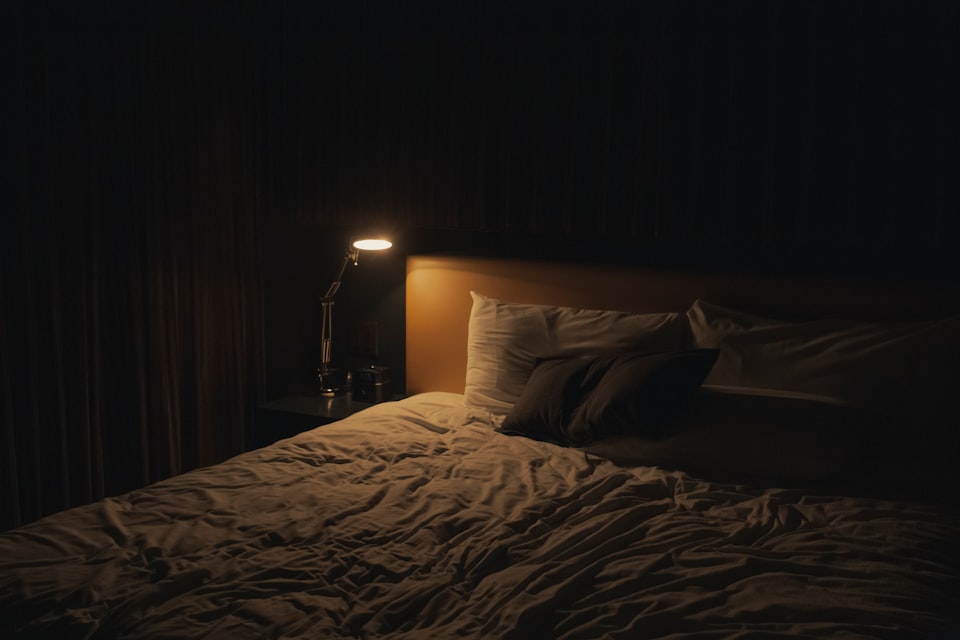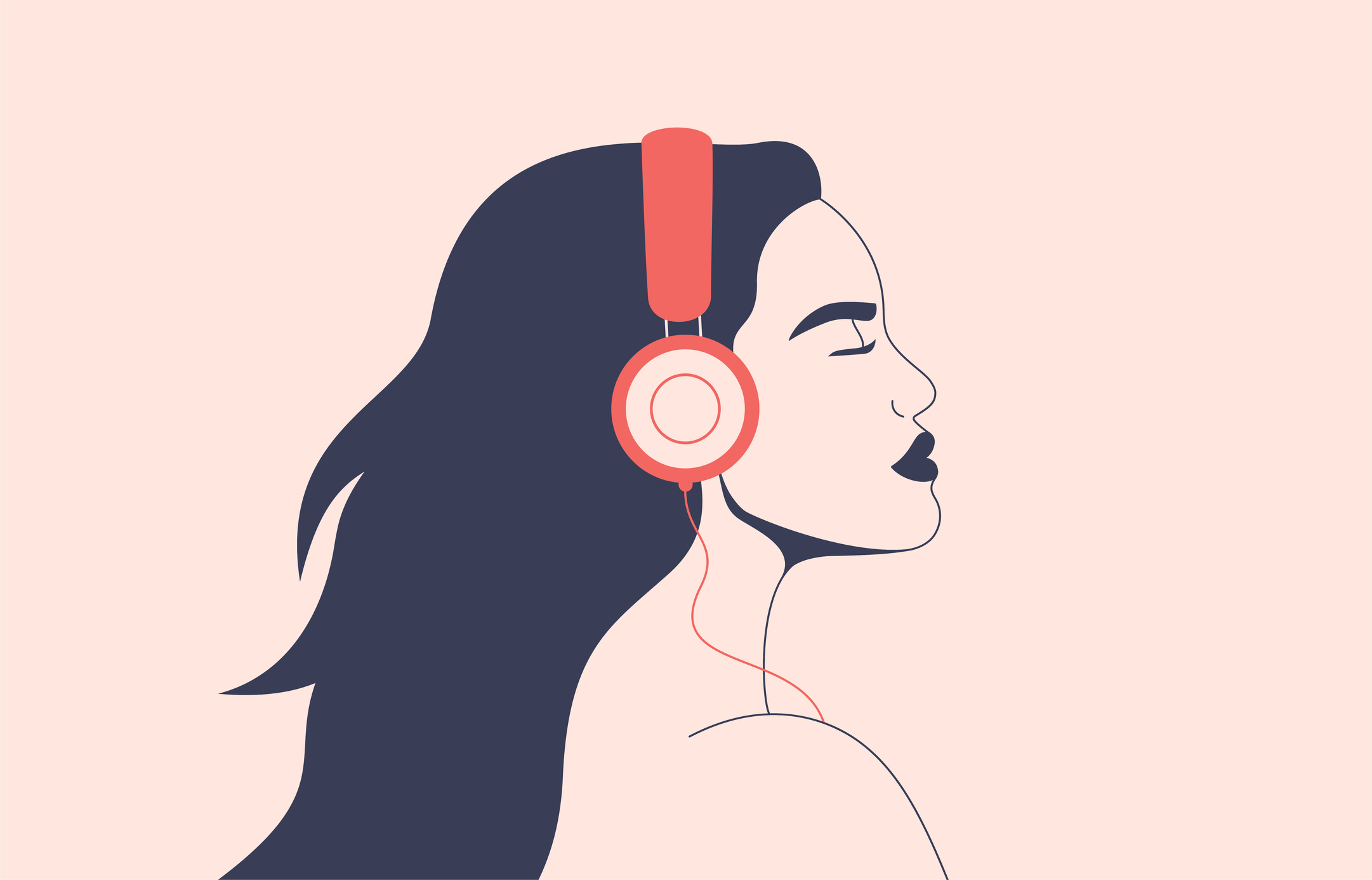How to Fall Asleep Fast: 11 Simple Hacks
El sueño es un comportamiento fisiológico vital esencial para una vida saludable, constituyendo aproximadamente un tercio de la existencia humana. Todos los órganos y tejidos dependen de dormir lo suficiente para funcionar eficazmente. La falta prolongada de sueño de calidad no solo resulta en deterioro físico, sino que también puede provocar problemas psiquiátricos, deterioro cognitivo y, en última instancia, graves consecuencias para la salud. Desafortunadamente, la realidad es que una parte significativa de la población no recibe la cantidad necesaria de sueño de calidad que su cuerpo requiere.

Según los CDC, aproximadamente 1 de cada 3 adultos tiene falta de sueño, lo que provoca diversos problemas de salud, como enfermedades cardíacas, presión arterial alta, accidentes cerebrovasculares y depresión. La falta de sueño de calidad puede afectar a la vida personal y profesional. Aprender consejos naturales y hacer modificaciones en el estilo de vida puede mejorar significativamente la capacidad de conciliar el sueño más rápido y mejor.
¿Cuántas horas de sueño necesita una persona?
Dormir lo suficiente es esencial para tu bienestar, pero puede ser confuso averiguar cuánto sueño necesitas realmente. Simplifiquémoslo y profundicemos en por qué es importante dormir.
- Understanding Sleep Stages:
- NREM Stage 1: Light sleep, easy to wake up.
- NREM Stage 2: Slightly deeper sleep, slowed heart rate and breathing.
- NREM Stage 3: Deep sleep, difficult to wake up, crucial for feeling refreshed.
- REM Sleep: Dreaming occurs, active brain, relaxed body.
- Recommended Sleep by Age:
- Newborns (birth to 3 months): 14 – 17 hours a day
- Infants (4 months to 12 months): 12 – 16 hours a day
- Young children (ages 1 to 5 years): 10 – 14 hours a day
- School-aged children (ages 6 to 12 years): 9 – 12 hours a day
- Teenagers (ages 13 to 18 years): 8 – 10 hours a day
- Adults (18 and older): 7 – 8 hours a day
- Why Does Sleep Duration Vary?
- Age, lifestyle, overall health, and genetics impact sleep needs.
- Guidelines provide general recommendations; individual variations exist.
- Quality sleep is crucial; focus on deep and REM sleep for physical and mental restoration.
- Missing these stages can lead to grogginess and reduced alertness.
11 formas de conciliar el sueño rápidamente
Si alguien tiene problemas para conciliar el sueño, hay varias formas efectivas de hacer que las personas duerman más rápido y mejor, que incluyen:
Haz un patrón de sueño consistente:
- Maintain a fixed bedtime routine to regulate the sleep-wake cycle.
- Consistency helps synchronize the body’s internal clock for quicker sleep induction.
Crea un ambiente ideal para dormir:

- Optimize the sleep environment with darkness, quietness, and a comfortable temperature.
- Use earplugs, curtains, or soothing sounds to enhance the sleep atmosphere.
No fuerce el sueño:
- If unable to sleep, avoid forcing it; get up and engage in a relaxing activity.
- Return to bed when feeling sleepier to enhance the natural sleep process.
Relajación y Meditación:

- Establish pre-bedtime rituals for relaxation, avoiding electronic devices.
- Engage in activities like reading, listening to calming music, or practicing meditation.
Pruebe la atención plena para dormir mejor:
- Address anxiety and stress before bedtime through mindfulness techniques.
- Write down concerns or create a to-do list to ease the mind and improve sleep quality.
Respiración profunda para relajarse:

- Practice deep breathing patterns, like 4-7-8, to de-stress and induce relaxation.
- Rhythmic breathing promotes a calm state, aiding in falling asleep faster.
Ejercicio regular para mejorar la calidad del sueño:
- Incorporate regular physical activity, but avoid over-exercising close to bedtime.
- Exercise enhances melatonin levels, promoting quicker sleep initiation.
Tenga en cuenta qué y cuándo comer:
- Avoid heavy meals before bed; focus on balanced meals with protein, carbs, and fats.
- Allow sufficient time for digestion to prevent discomfort during sleep.
Limite el consumo de cafeína, alcohol o nicotina:

- Abstain from caffeine at least four hours before bedtime.
- Limit alcohol intake for better sleep quality, avoiding consumption close to bedtime.
- Avoid nicotine-containing products for 1-2 hours before sleep to promote relaxation.
Reducir el tiempo frente a la pantalla:

- Minimize screen exposure before bedtime to prevent the suppression of melatonin.
- Keep electronic devices away from the bed to create a quiet, distraction-free environment.
Sugerencia
La aromaterapia puede ser una excelente manera de promover un sueño profundo. Aquí hay dos sugerencias de aceites esenciales y aromaterapia para ayudarlo a relajarse y mejorar la calidad de su sueño:
- Lavender Oil:
- Known for calming properties.
- Add a few drops to evening bathwater for muscle and mind relaxation.
- Chamomile Oil:
- Gentle, sweet aroma for relaxation.
- Apply a drop on your pillow or use in a diffuser.
- Chamomile tea before bedtime also offers soothing benefits.
Conclusión
En conclusión, la calidad del sueño es vital para la salud en general, ya que afecta la concentración y la función cognitiva. La privación prolongada del sueño aumenta el riesgo de problemas de salud crónicos. Optar por un sueño natural sin suplementos es lo más seguro. Los ajustes en el estilo de vida, como mantener una dieta saludable, hacer ejercicio regularmente y limitar la cafeína, contribuyen a un sueño más rápido y reparador. Priorizar estos hábitos asegura que tanto la mente como el cuerpo reciban el descanso esencial que necesitan.








